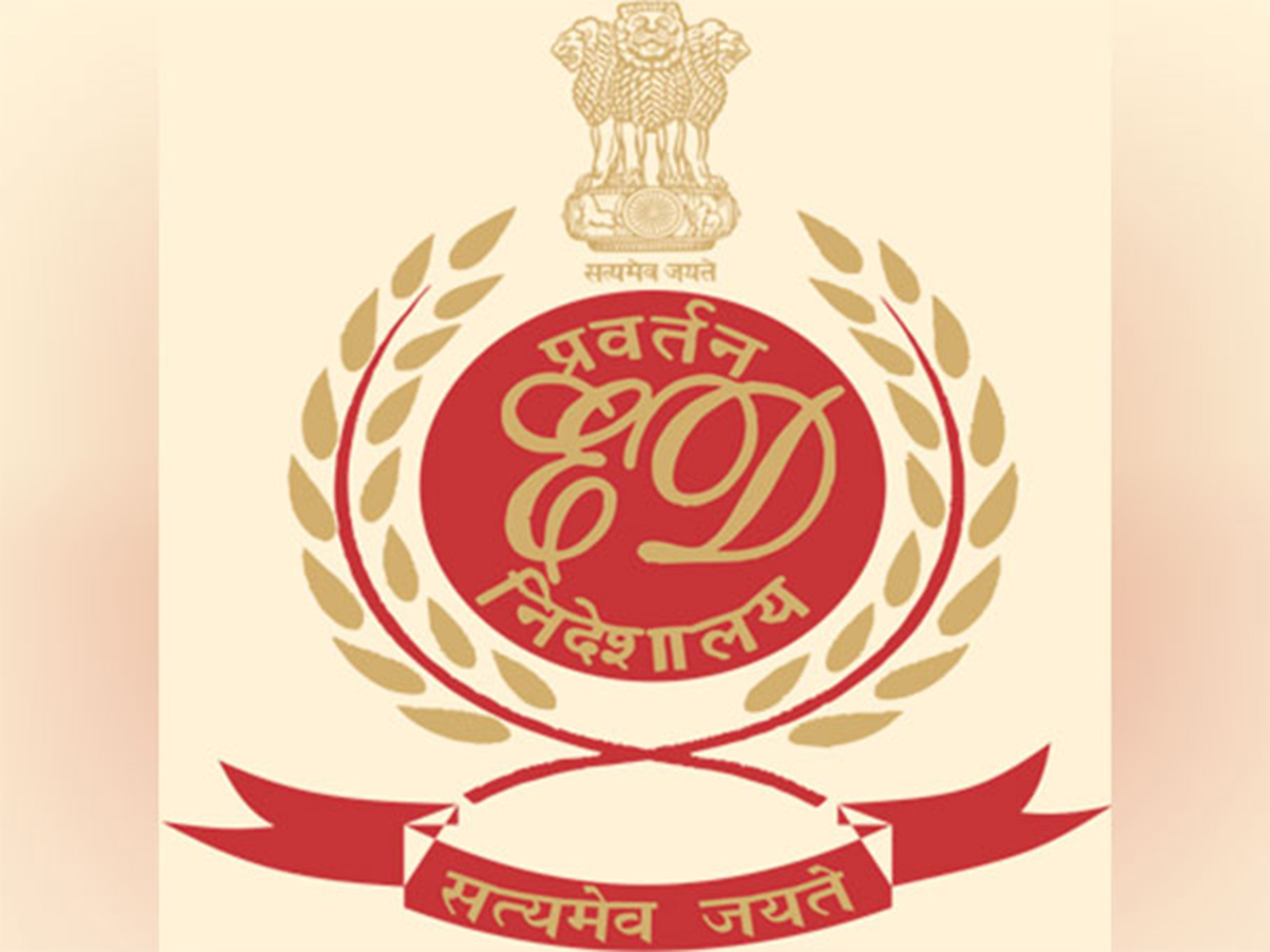New Delhi [India], September 19 (ANI): The ambit of the multi-crore Andhra Pradesh liquor scam has broadened with some “chat evidence”‘ suggesting the Enforcement Directorate (ED) about the role of some absconders believed to be in Dubai.
A few “ledgers” apart from other evidence is also in ED’s possession, indicating “remittance abroad of Proceeds of Crime (POC) worth several crores” linked to the case.
The POC “were transferred” to the accounts of the absconders learnt to be among key players, who fled from India before they could be on the radar of the law enforcement agencies.
The fresh lead came following a search operation conducted by ED’s Hyderabad zonal office at twenty locations in Hyderabad, Bengaluru, Chennai, Thanjavur, Surat, Raipur, Delhi NCR and Andhra Pradesh on September 18 under the provisions of the Prevention of Money Laundering Act (PMLA), 2002, in connection with the case.
In the searches, the agency said, it seized some specific devices showing “chats evidencing involvement of certain accused persons who are absconding and believed to be in Dubai and transfer of POC to them.”
Besides, the operations led to the recovery and seizure of incriminating material, evidencing bogus and inflated transactions, leading to generation and movement of POC as well as the seizure of bogus invoices and transport challans containing non-transport vehicle details; parallel invoices evidencing differential and inflated prices.
“Unaccounted cash of Rs 38 lakh was also seized from one of the premises. Ledgers indicating remittance abroad of POC worth several crores were also seized,” the federal agency said a day after it conducted raids at the premises of entities, individuals who allegedly facilitated payment of kickbacks through bogus and inflated transactions.
ED initiated investigation on the basis of First Information Report (FIR) registered by Andhra Pradesh CID under various sections of Indian Penal Code, 1860 for loss to the government exchequer to the tune of Rs 4,000 crore.
On February 5 this year, the Andhra Pradesh government constituted a Special Investigation Team (SIT) to investigate the case.
The FIR alleged that the in ‘new liquor policy’ from October, 2019 to March, 2024, the accused persons indulged in ‘brand killing and new brand promotion’ which involved sidelining popular liquor brands (like McDowell’s, Royal Stag, Imperial Blue, etc.) that refused to pay kickbacks and instead promoting new or spurious brands in exchange for huge payments from distilleries and suppliers.
The procurement system was shifted from automated to manual giving scope for manipulation in Order for Supply (OFS).
The SIT has filed chargesheet and supplementary chargesheets, inter alia, alleging replacement of automated system with manual approvals, allowing manipulation of brand-wise indenting and supply volumes; favouring select group of distilleries and marketing firms; coercing suppliers into paying 15-20 per cent of their invoice value as kickbacks, failing which their brands were suppressed or delisted; creating shell distilleries to channel funds and secure inflated OFS volumes; appointing key officials who facilitated brand approvals, manipulated eligibility norms, and suppressed dissenting suppliers.
The chargesheets also allege that kickbacks were generated through procurement manipulation, fake vendor payments, shell companies and were used for election purposes, personal benefit and transfer of funds abroad.
ED investigation revealed that “certain accused persons deliberately discouraged the placement of orders for established brands; withheld legitimate payments owed to the distilleries; and exerted pressure on distilleries and demanded illicit payments / kickbacks in lieu of OFS.”
Money trail investigation by ED revealed that part of the payments given by “Andhra Pradesh State Beverages Corporation Limited (APSBCL) to the suppliers were transferred to various entities on the pretext of supply of goods or services.”
The ED said, “these transactions were found to be bogus and the recipients of these funds were either non-existent, shell entities or unrelated persons/entities. In several cases, where the entities were related to their line of business, the transactions were found to be inflated.”
“Funds were also transferred by the suppliers to jewellers to acquire gold and cash which were handed over to the accused persons as kickbacks. Thus, bogus and inflated transactions were used to siphon off funds under the guise of business transactions, thereby facilitating the generation and movement of illicit funds in the form of kickbacks to the accused persons.” (ANI)
The article has been published through a syndicated feed. Except for the headline, the content has been published verbatim. Liability lies with original publisher.







